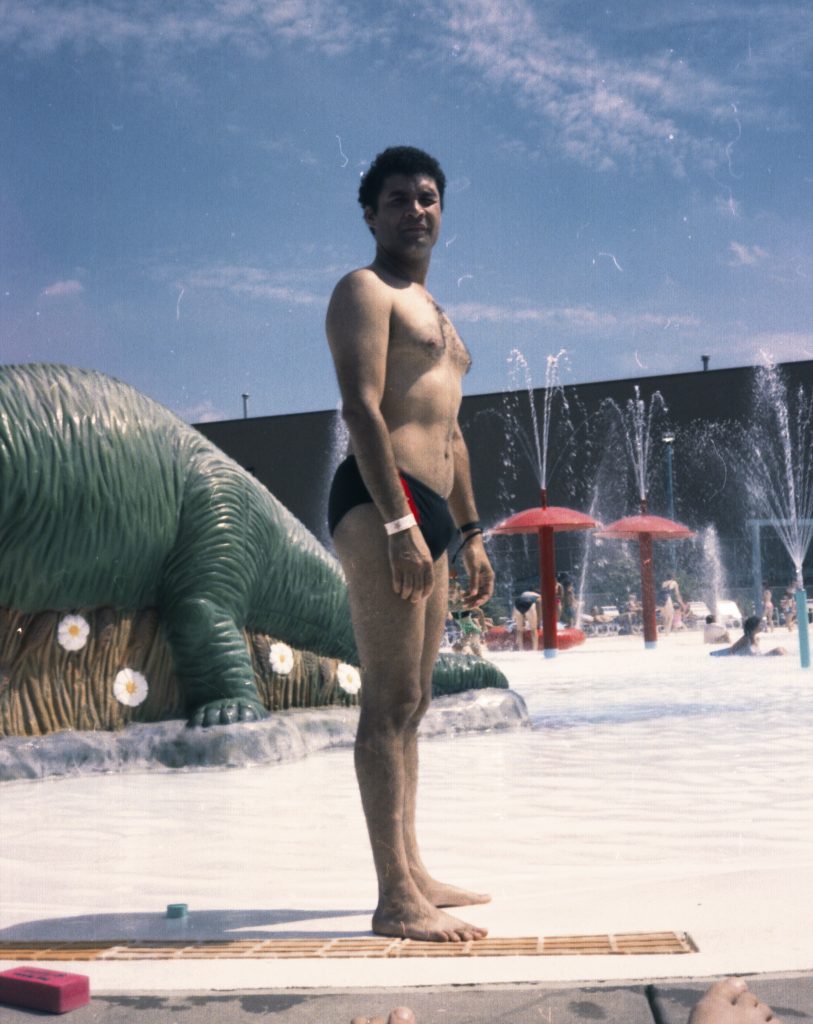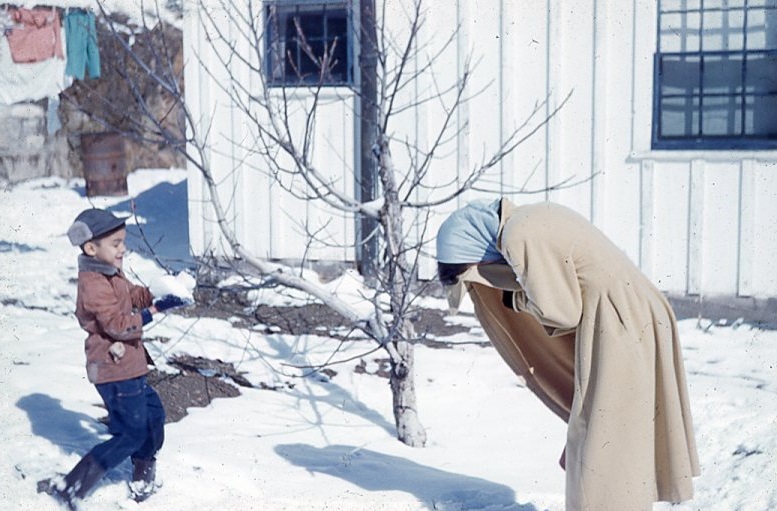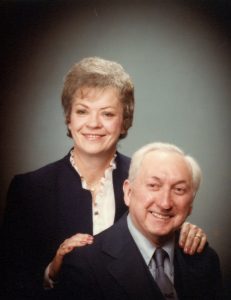We have a saying here: “If you don’t like the weather, wait five minutes.” Midwestern seasons can be unpredictable, ranging from tranquil to brutal. Here’s my guide.
Winter
Midwestern winters…SUCK. There’s no other way to put it. It’s not the cold; it’s the unending grey that stretches from early November through March and sometimes beyond. We start the long, slow crawl to more sunlight on December 22, but the darkness just sucks the life out of everything. Christmas is bittersweet; the day after Christmas is the hangover from the night before. New Year’s Eve is the last hurrah of the year. I still hate trying to stay up past midnight, watching one of the local newscasters trying to slip her co-anchor the tongue as “Sweet Home Chicago” plays during the fireworks at Navy Pier.

I keep telling myself, “I just have to make it through January and February.” The Superbowl means spring is about six weeks away, if we’re lucky.
Spring
Just when I think about hanging myself rather than enduring one more week
of winter, the sun suddenly comes out and spring arrives, right on schedule!
The trees seem to go from delicate buds to full bloom overnight and the grass
is once again green. The pungent scent of fresh (not frozen) dog turds wafts
through the air on our morning walk. Praise the Lord and pass the potting soil!
It’s time to take the covers off the patio furniture and the air conditioner,
hook up the garden hose, and think about how I’m definitely going to power wash
the deck this year along with all those other warm weather tasks. I’ll be lucky
to check a quarter of them off the list. Life is good again, eh?

Not so fast. This is the Midwest, remember. March is supposed to come in like a lion and go out like a lamb. But Mother Nature is a bitch; it’s more likely Scar and his friends will show up for the next couple of months and remind us we are idiots for maintaining any sense of optimism. The Cubs postponed their 2018 Opening Day game because of snow, while the White Sox, a much hardier bunch, played and beat Kansas City 14-7
We can go from turning on the furnace to turning on the AC in the same week, sometimes in the same day. We sat on the deck on St. Patrick’s Day in 2012 when the thermometer hit 81° and froze our butts off the following March. This year we got five inches of snow on Palm Sunday and 70° less than two days later, setting a record. Two more inches of snow fell on April 27. I’ve seen snow in Michigan on Mother’s Day and Peg had snow Memorial Day weekend when she was living in Minneapolis

Spring 2019 has been particularly brutal. The lousy weather has dragged on well into May with cooler than normal temperatures and endless rain and may continue into June. It was sunnier the last two weeks of March than all of April and May. The rain has jacked up mold levels, assaulting my lungs and adding to the misery.
There are momentary respites. The crabapple trees at the neighborhood park blossom for a few weeks. Lombard’s Lilacia Park lilac trees bloom sometime in May. Chicago kicks off the approaching summer when meteorologist and WGN’s Weather God Tom Skilling flips the switch on Buckingham Fountain.

Every year I tell myself, “Well, this winter wasn’t so bad.” And nine months later I’ll wish we were living someplace warm and cheap.
Summer
Our one week of spring gives way to summer. The urchins are out of school; Baxter no longer goes berserk at 7am when he hears the school bus. I wish the first day of summer was somewhere in July instead of June 21 when the Summer Solstice marks the beginning of that long, slow slide into darkness. But the change is gradual enough that it’s hard to notice, until mid-August when the sun sets before 8:20.
The weather can be hot and dry, hot and steamy or any combination. Those first few muggy days remind me of being out of school for the summer, listening to the mostly unintelligible words of the Hollies’ “Long Cool Woman (In a Black Dress)” or the Beatles’ “Get Back” while riding around thinking about one of my classmates I just saw washing the family car. She wore shorts and those sleeveless blouses that through which one might glimpse the side of her bra.
We don’t have to suffer brutal heat like Phoenix where it’s so hot construction crews have to pour concrete after midnight. Chicago issues heat advisories when the heat and humidity become dangerous and the city opens cooling centers for the poor folk with no air conditioning, minimizing the risk of death. That approach developed after the devastating heat wave of July 1995, when triple-digit temperatures combined with an inadequate electrical grid resulted in more than 700 deaths, mostly among the elderly people who were isolated from the rest of their community. 215 died on July 15 alone. The Cook County Medical Examiner’s office had to rent refrigerated trucks to store the surplus bodies.
Summer is mostly tolerable, except for the occasional deluge or tornado. July 1 means football pre-season starts in a month; college football in two. Baxter and I walk either early in the morning or late in the evening. Or we just say, “screw it” and go to Dairy Queen. (Last year we ran into an old guy in the DQ parking lot with a parrot on his arm and a cone in his hand, singing “Let’s all go to the lobby” on his way back to his truck.)
Autumn
This is easily my favorite time of year and it’s not just because I have an autumn birthday. What’s not to like? Labor Day signals summer’s official end. The kids go back to school and the adults put away that summer belligerence for another year. College football season starts, and I can look forward to another year of watching the Michigan State Spartans win instead of the Fighting Illini losing. Pro football starts as well, but it isn’t as exciting. Baseball will come to an end and the WGN 9 o’clock news won’t be postponed for a Cubs game.
There’s also nothing like the first time the wind shifts, and a Canadian high pressure system pushes the humidity back to the swamps in the South. The leaves start to turn (sometimes as soon as August) and eventually I’ll have to play “Find the Dog Turds” when Baxter decides to do it under the crabapple tree at the local park. Soon we’ll be knee-deep in pumpkin spice everything, from that overpriced coffee from Washington State to Culver’s Pumpkin Shakes.

The weather is fickle. We can go from crisp, sunny mornings to cold and drizzle. It snowed October 30, 1997, three months after I moved back to Illinois. It wasn’t much but enough to win a cynical bet I made with Peg. An EF4 tornado hit Washington, Illinois, on November 17, 2013. I’ve seen 70° two weeks before Christmas, followed by 15” of snow in January.
The cluster of holidays makes the early nightfall far easier to take. Halloween sits on the fence between Indian summer and the first snow. Thanksgiving is a great holiday because there’s a lot of food and no gifts to buy, at least until Black Friday kicks off the annual shopping frenzy. I start looking for stuff online before the Cyber Monday insanity and breath a sigh of relief when the last gift has been wrapped. The family once again ignores my suggestion to go on a Caribbean cruise for Christmas.
A new year begins. A new cycle begins.
Coming up: A report from the field.











